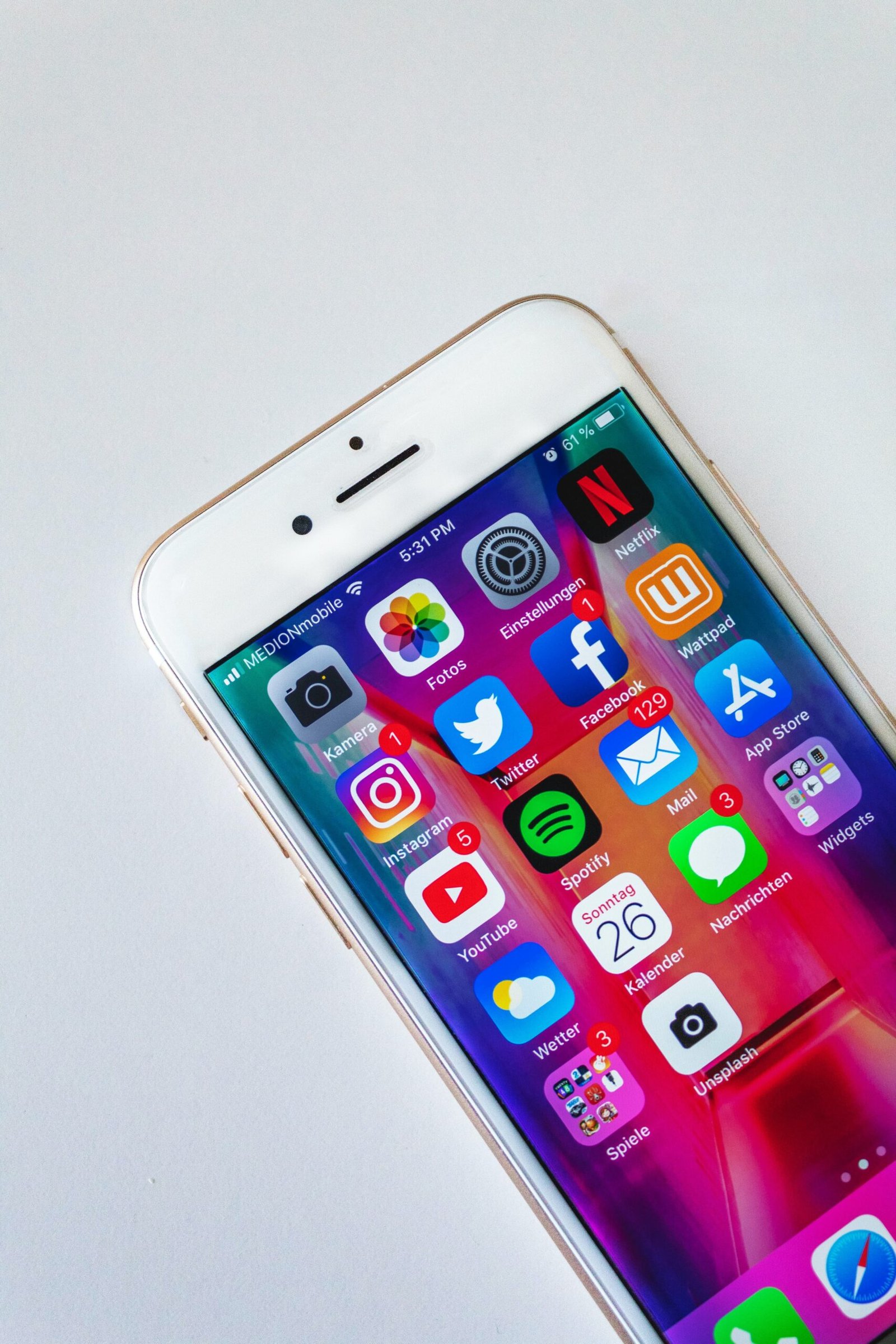The Impact of Social Media on Adolescent Health
Social media has become an integral part of the daily lives of adolescents, with platforms like Facebook, Instagram, and Snapchat dominating their online interactions. While social media offers numerous benefits, such as connecting with friends and sharing experiences, it also poses certain risks to the health and well-being of adolescents. This blog post aims to provide a health advisory on the responsible use of social media in adolescence.
The Influence of Social Media
Social media can have both positive and negative effects on the mental and physical health of adolescents. It has been linked to increased feelings of loneliness, depression, and anxiety due to the constant comparison to others and the pressure to present a perfect image online. Additionally, excessive use of social media can lead to sedentary behavior, poor sleep patterns, and decreased physical activity.
Impact on Self-Esteem
Adolescents often compare themselves to their peers on social media, which can negatively impact their self-esteem. Seeing idealized and filtered versions of others’ lives can create unrealistic expectations and feelings of inadequacy.
Cyberbullying
Social media provides a platform for cyberbullying, which can have severe emotional and psychological consequences for adolescents. It is important for parents and guardians to be aware of their child’s online activities and to address any instances of cyberbullying promptly.
Health Advisory
To promote healthy social media use in adolescence, it is essential to establish guidelines and boundaries:
1. Limit Screen Time
Encourage adolescents to set limits on their daily social media use and to engage in offline activities that promote physical activity and social interaction.
2. Foster Open Communication
Parents and guardians should maintain open lines of communication with adolescents, discussing the potential risks and benefits of social media and providing guidance on responsible online behavior.
3. Promote Digital Literacy
Teach adolescents critical thinking skills to evaluate the content they encounter on social media, helping them distinguish between reliable information and misinformation.
4. Encourage Positive Engagement
Encourage adolescents to use social media as a tool for positive engagement, such as connecting with supportive communities, sharing creative content, or advocating for important causes.
Conclusion
While social media can have negative effects on adolescent health, responsible use and open communication can help mitigate these risks. By promoting healthy habits and fostering digital literacy, we can ensure that adolescents navigate the online world safely and maintain their overall well-being.
Frequently Asked Questions (FAQs):




